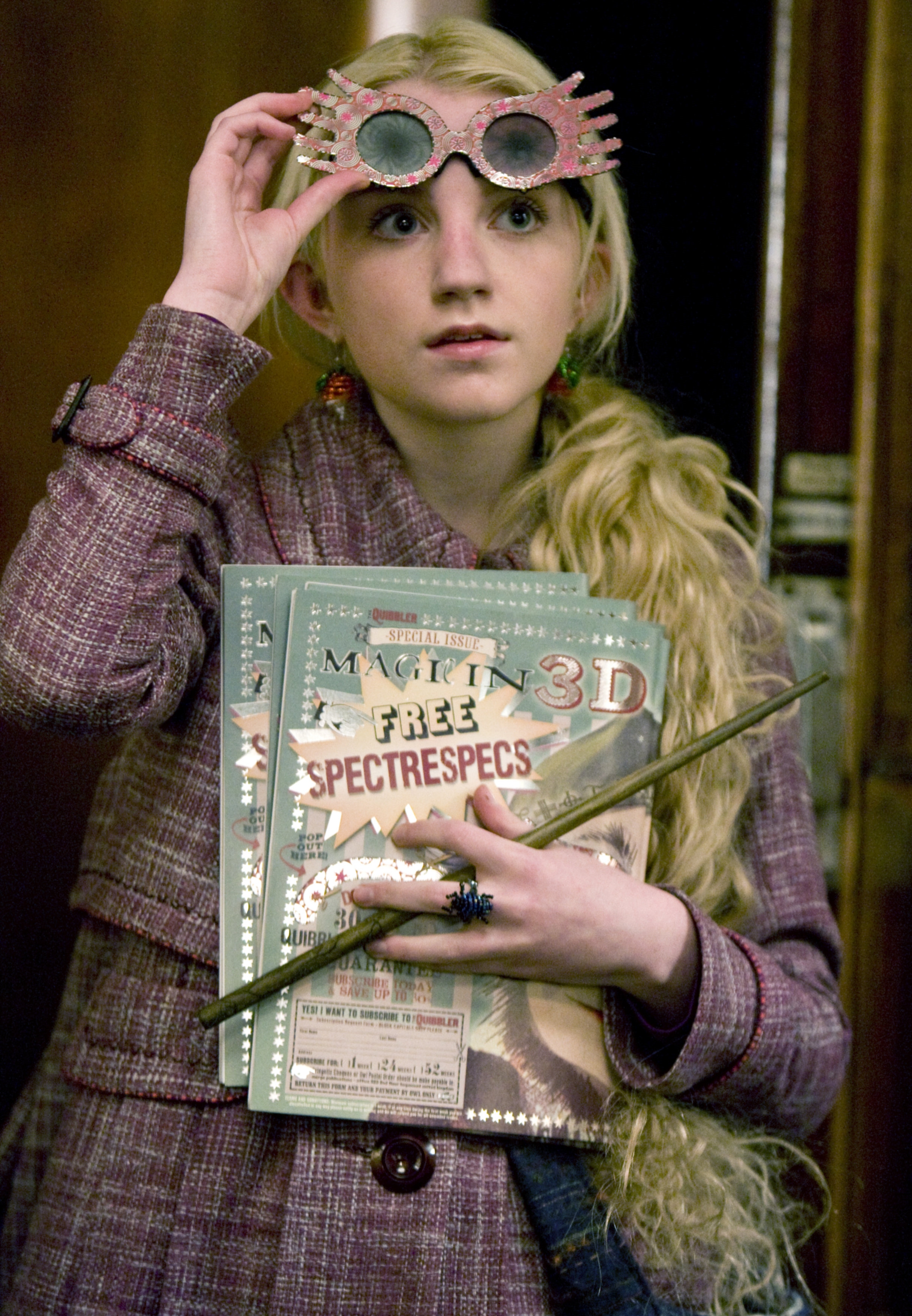The celestial realm is, at its very heart, open-ended and definitively earns the title "no limits". Although it also provides the better circumstances of the other glories, such as an impervious body and a lack of physical wants, it also features the continuation of the liberating aspects of mortality. The celestial people can continue to learn and to grow, access limitless materials and form them as they desire, and develop as was possible on earth. The pinnacle of this endless growth is the ability to spend one's eternity parenting and nurturing other souls toward the same abilities.
It is difficult to imagine what a celestial existence will be like, which makes it quite different from the other rewards. In many ways, it will be a refinement of the life celestial-oriented people live now - in whatever form that takes. As broad and deep as human experience can be in mortality, celestial people will have similar circumstances, though both more broad and more deep in scope. It will really be without the disabilities that limit one's capability to reach their potential in life.
In the lower glories, one essentially trades continuing development for a claim to some exemption from it. For many people who focused attention on the trials of mortality in a "glass-half-empty" way, the conditions of the lower kingdoms are a wonderful prospect. If one was constantly worried at the prospect of "getting caught" doing some forbidden activity, the telestial is a permanent exemption from this - nothing is forbidden in a circumstance where everything regenerates and one has no access to tools or ability that cause harm to others and their environment - the proverbial "rubber room". For terrestrial folk, the trade-off involves the acquisition of an eternity of leisure without guilt over not doing more. In both the lower and middle glories, each person's focus is on oneself and the selfish desire to make their own life more carefree at some point.
The celestial person chooses to continue activities begun on earth in a grander arena, in a "glass-half-full" manner that seeks to ultimately fill all cups to overflowing. Christ and his prophets alluded to this often in their pleas to put other people's needs ahead of one's own. The act of helping another to develop to their potential is the ultimate Godly labor. It is definitely work, though a most satisfying and worthy expenditure! It constitutes a depth of effort and a breadth of love that the best we can do in life can only serve as a prelude. Celestial glory is a desirable eternity for those who did what they could in life and show promise and a longing toward doing so much more once the limitations of mortality are lifted. The old adage is true: the reward for hard work is more work - celestial types actually find this concept appealing!
In a subsequent post, it will be interesting to think about the idea of "Judgement" which can often be viewed as unpleasant. As expected, my personal view of this might be different than most. Stay tuned!



